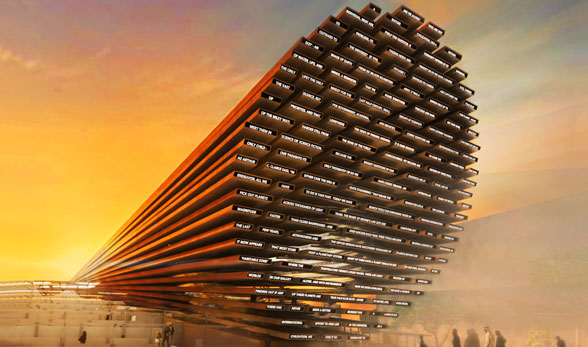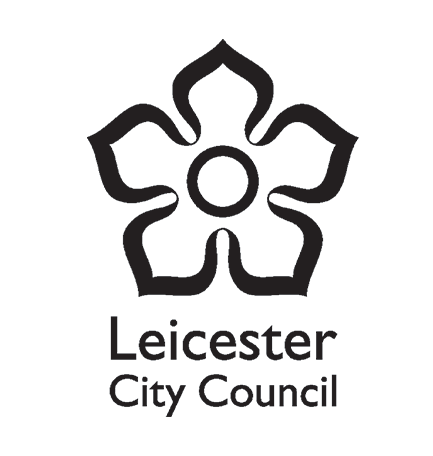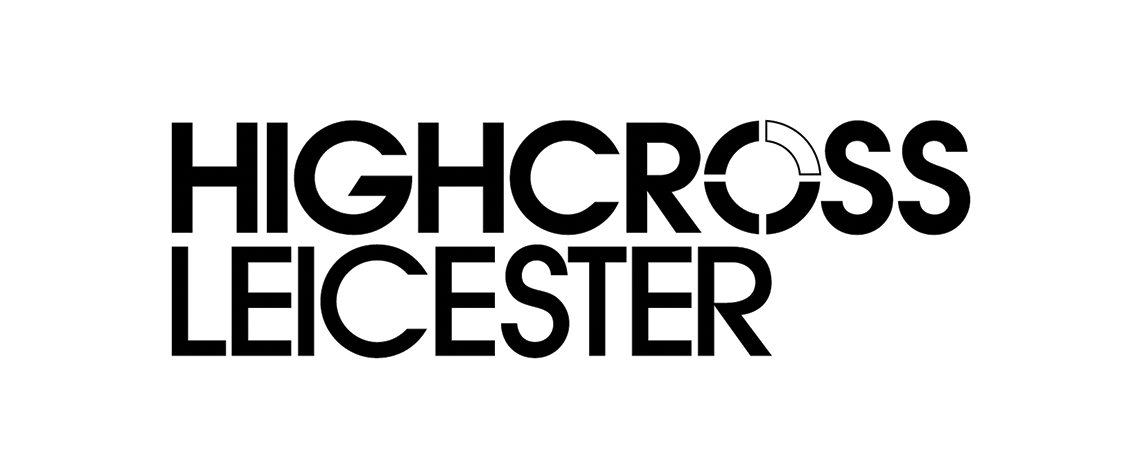Dubai Expo 2020

De Montfort University is supporting the co-location of ArchXtonic at the Dubai Expo 2020, one of two original artworks created for the Art AI Festival that will be co-located there.
From 1 October 2021 to 31 March 2022, visitors from across the world will travel to Dubai to visit the Expo 2020, a celebration of technology, culture, education and business at which countries from around the world are showcasing their very best innovations in areas like space exploration, AI, healthcare, arts, culture and sustainability.
The UK pavilion is being operated by the Government’s Department of International Trade (DIT) and De Montfort University, one of the Art AI Festival sponsors, is working closely with the team as an official founding partner. This means De Montfort University will have a continuous presence at one of the world’s biggest, highest profile exhibitions, showing the world its high-impact research, innovative approaches to sustainability, and creating unparalleled experiences for students through the event.
The Art AI Festival is thrilled to be part of the world’s exhibition!
Find out more about De Montfort University’s role at the Dubai Expo 2020 HERE
About ArchXtonic
ArchXtonic is real-time, generative, artificial intelligence based artwork. It is an artistic exploration of imaginary urban landscapes connected by the computer’s mind (the AI algorithm) and cross-cultural architectonic styles, reflecting the rich collection of buildings and structures of various modern architectural styles in Leicester and Dubai.
The artwork mixes all the architectonic styles found in both cities to create a unique urban landscape, connecting both cultures to imagine a future where the boundaries are increasingly blurred in all aspects, celebrating the differences and at the same time promoting the integration of distinct histories and lifestyles.
It uses an AI algorithm created and trained with images from both cities. State-of-art AI techniques will be used to partition images into multiple segments, which identify distinct elements in the pictures (buildings, trees, vehicles, etc.) to build a data set of the architectonic language of both cities. After that, a second bespoke AI program generates in real-time new moving urban landscapes combining elements from both cities, and creating new structures and architectural elements from the original data set.
ArchXtonic is presented as a generative, real-time piece on a big screen in the UK Pavilion at the Dubai Expo and simultaneously in Leicester’s Green Dragon Square.
Credit: Technical support was provided by Mohammed Lataifeh.
Artist Biography
Fabrizio Poltronieri is an award-winning computer artist, designer, researcher, writer and curator with international experience and a special interest in the relationships between Art, Design, Digital Media, Gamification, and Technology. His expertise lies in the development of creative coding and its exchanges with philosophical questions. He is a member of the IOCT (Institute of Creative Technologies) at De Montfort University, Leicester, UK, supervising PhD students and teaching creative code.
Poltronieri has participated in international exhibitions and festivals such as the Ars Electronica, in Linz, Austria, presenting artworks and live performances that plays with the relationship man-machine. With his solo artistic practice, he became an award-winning artist, with a long list of exhibitions. His artworks are in prominent collections such as that of the Victoria & Albert Museum in London, including artworks from his ‘Visual Theogonies’ series (Dionysus and Calliope).
Poltronieri has a PhD in Semiotics from the Pontifical Catholic University of São Paulo (PUC/SP), Brazil, with a thesis about the role of chance in computational art.
In 2011-2012, he was awarded a fellowship by a Brazilian federal government agency to develop a Postdoctoral research project on the early days of computer art at the Royal College of Art in London. His second Postdoctoral research was at Leuphana Universität’s Gamification Lab, in Lüneburg, Germany, which reflected on how the universe of video games and the notions of gamification and post-history affect language production mediated by digital apparatuses.
Poltronieri is also an expert on the work of Vilém Flusser, having written many articles about Flusser’s philosophical concepts.
He is a master of the main programming languages and frameworks used in design, digital media, interactive design, physical computing and machine learning, such as C++, Ruby, Python, Switch, Java, Processing and TensorFlow.
Currently, Poltronieri is researching Creativity & Artificial Intelligence, applying machine and deep learning techniques to the production and design of narratives, moving images and objects.












